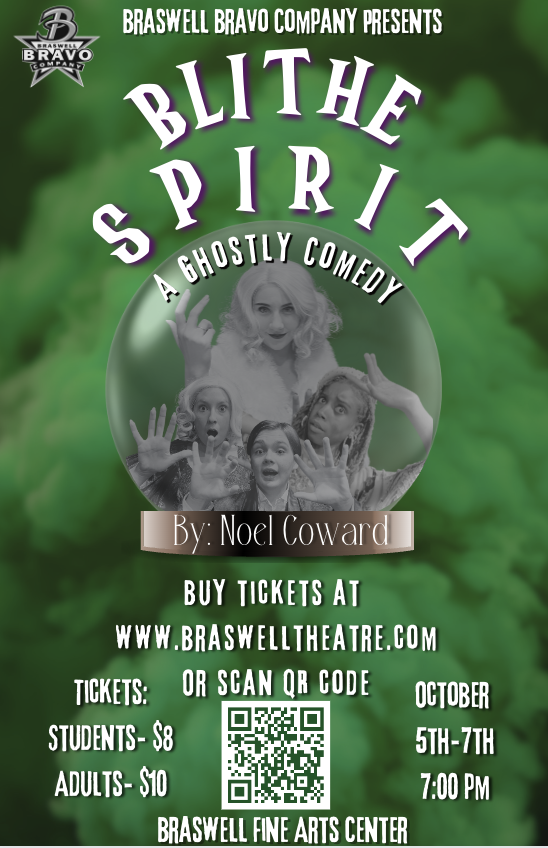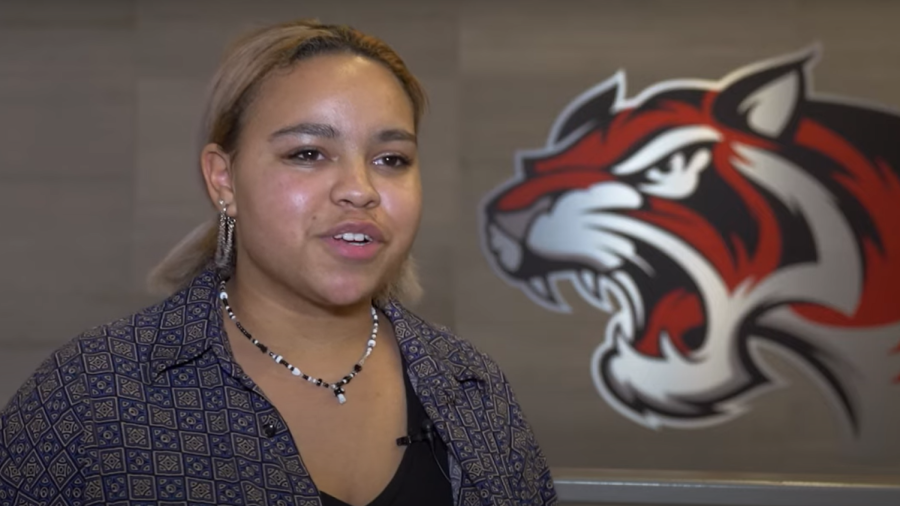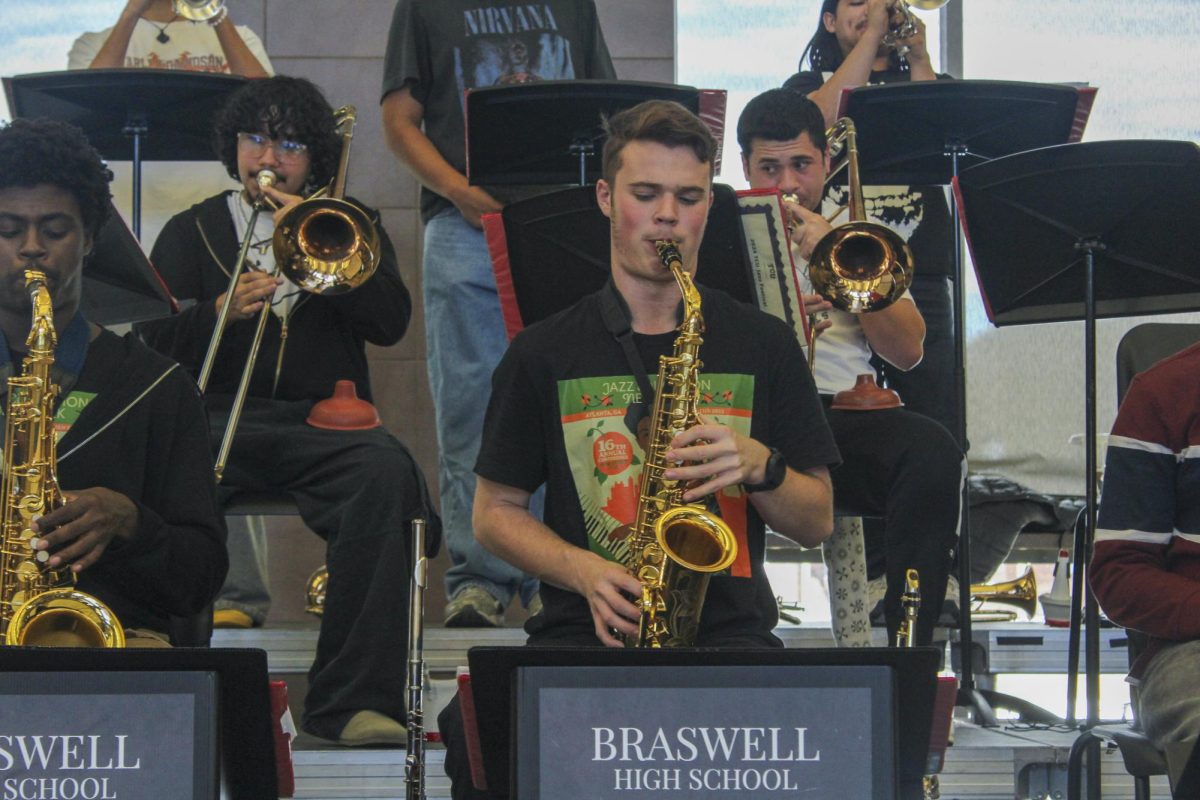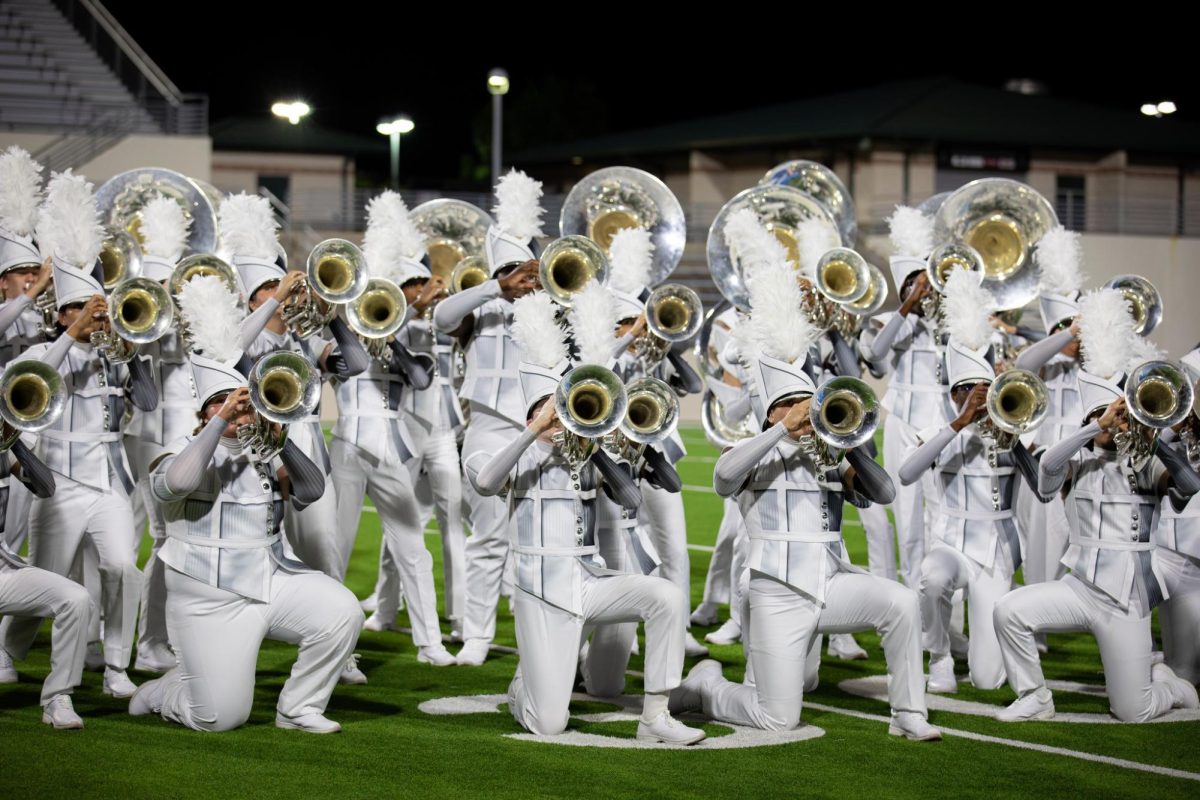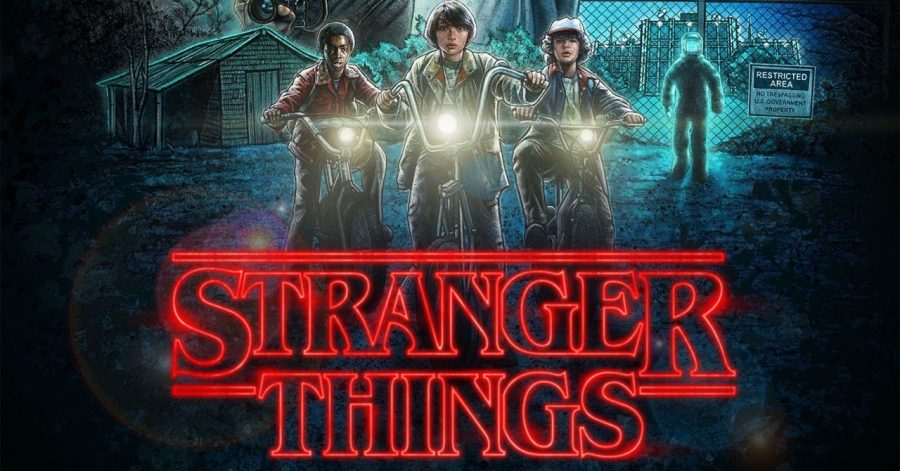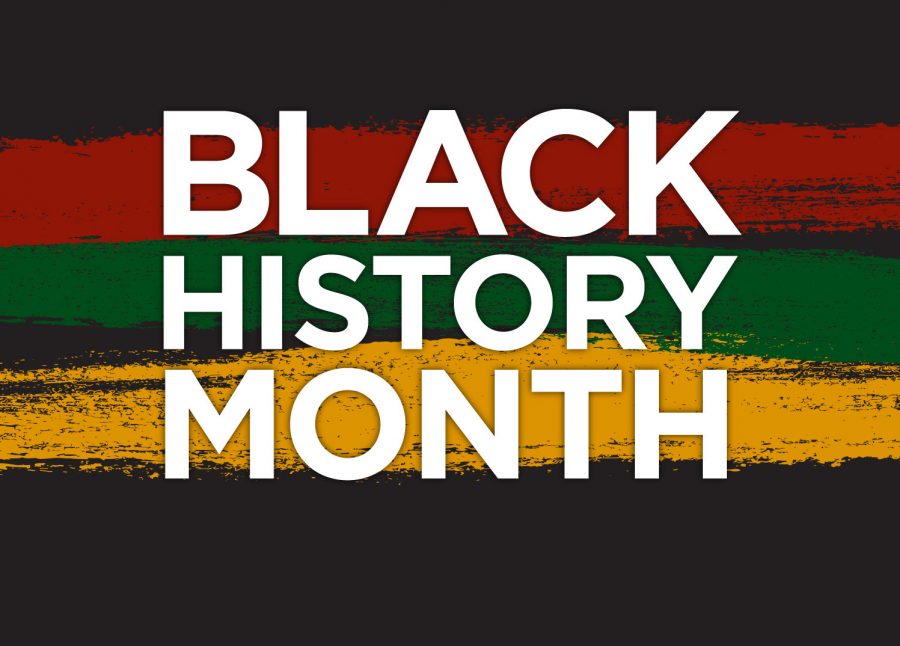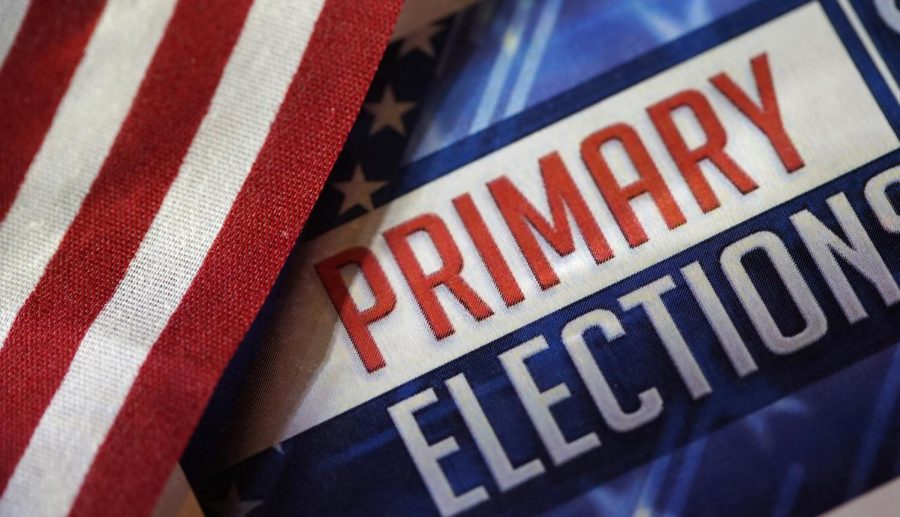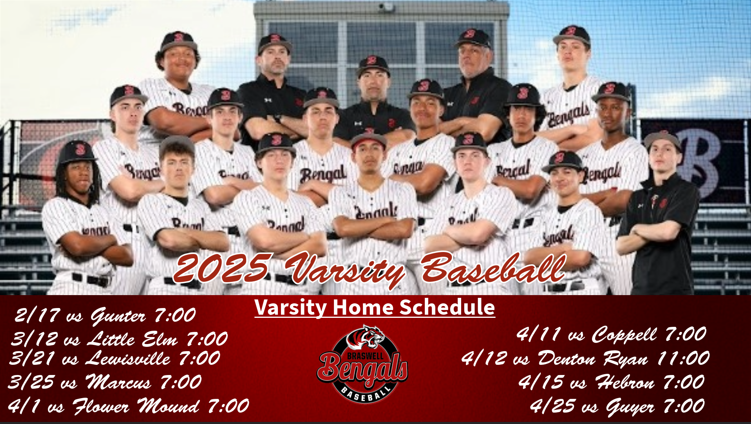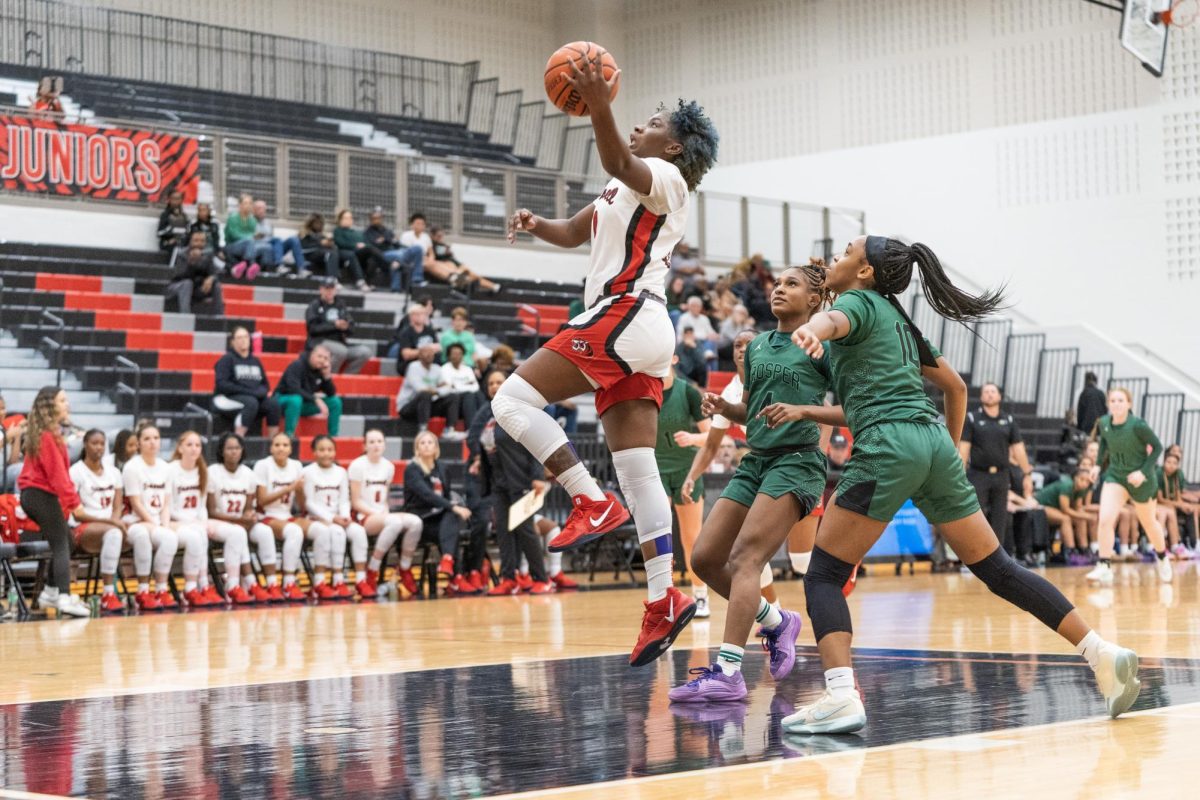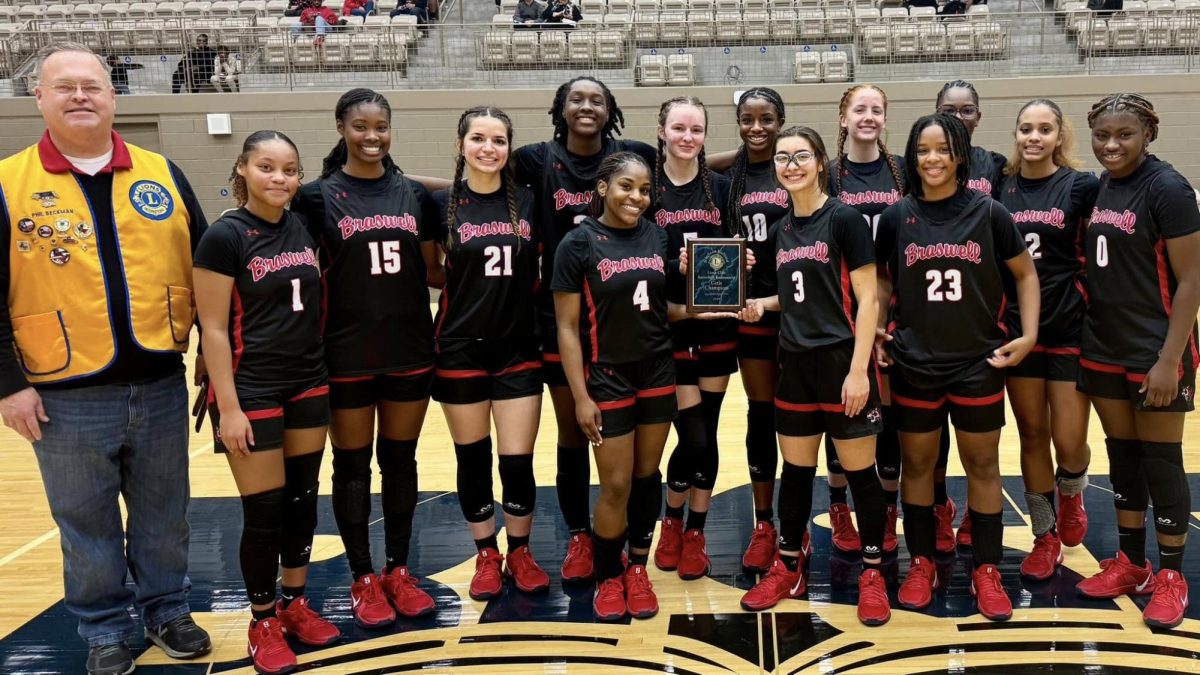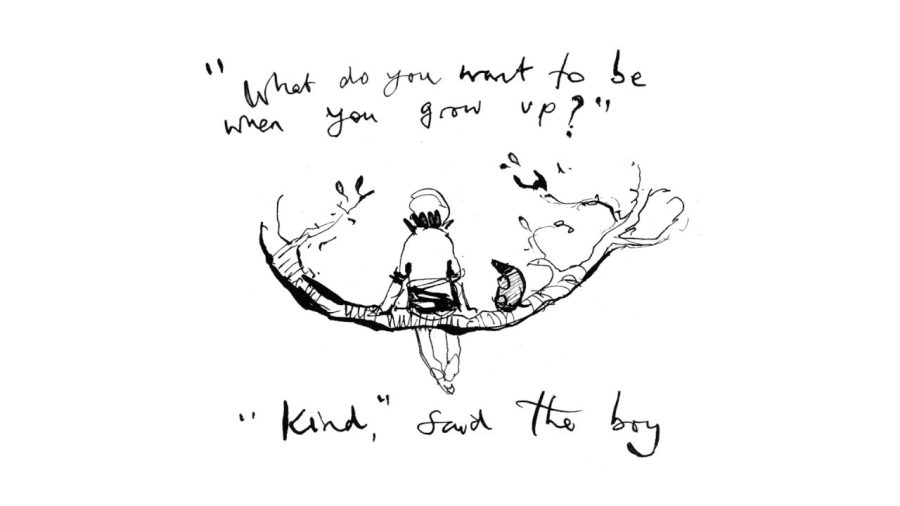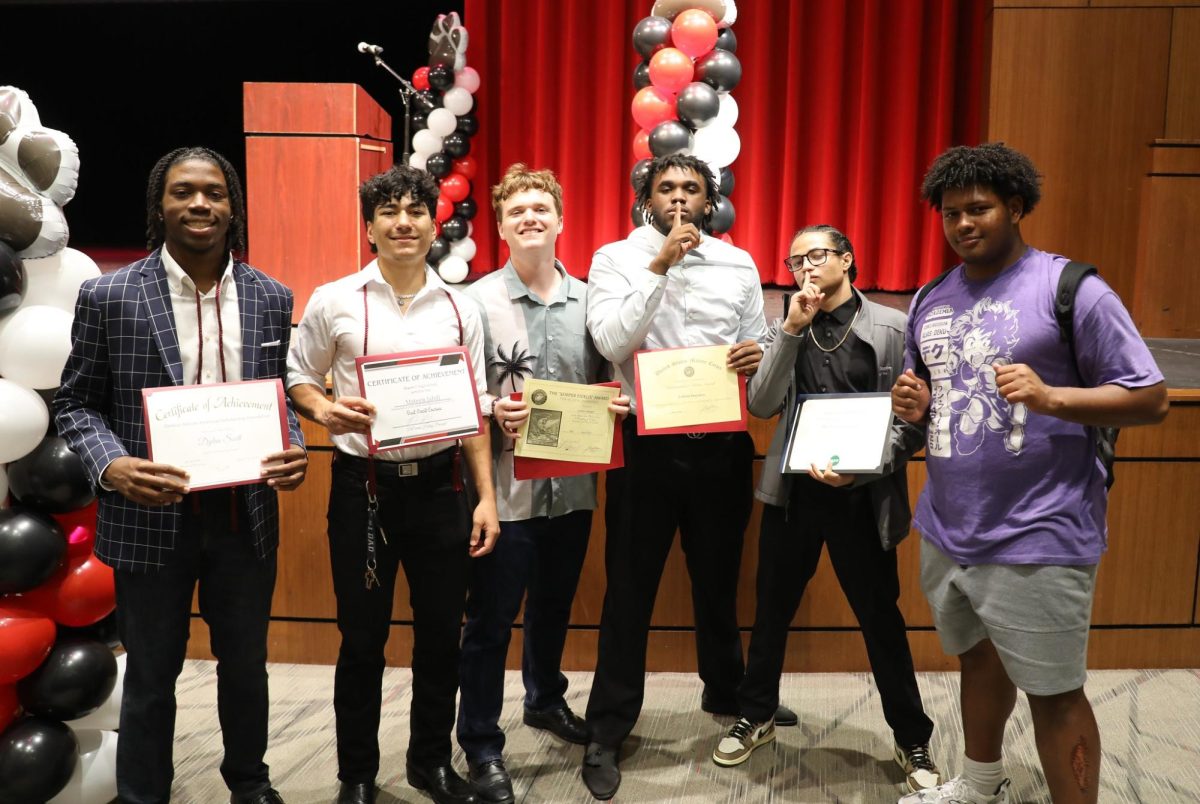How to Not Cry About College
January 25, 2019
First of all, don’t take this as a must-have guide. After going through this process myself and starting with minimal knowledge, these are just a few things I wish I had known while applying for colleges. The fear of the unknown lessens a lot when you feel like you can identify what you need to get done!
Start as a junior (or sooner)!
- The search for colleges and universities may take a little longer than you think! There are so many options out there, and in order to have a decent amount of time to sift through them all and find your perfect fit, junior year is going be your prime time to start. If you’re a senior and absolutely freaking out because it’s fall already and you still don’t know where to apply- don’t panic! Take a deep breath and just start looking. It can be super intimidating, but it only gets more stressful the longer you wait. Once you start, the overwhelming feeling of having so many options starts to fade away and you can make some real progress in your applications.
SAT’s & ACT’s are really important!
- If your GPA isn’t quite where you want it, your SAT or ACT can even it out. If you have a fantastic GPA, a really good test score paired with it is practically unstoppable. No matter what, a good standardized test score is a very important asset to help you stand out to colleges during the application process.
- When I took my SAT, I assumed that I would probably be okay with my first score. I took it for the first time at the end of my junior year. My score wasn’t bad, but I ended up re-taking it at the beginning of my senior year anyways to give me a leg-up on applications to some more competitive schools. With all of the added stress that senior year brings, it’s so much easier to start as early as possible so that you can have your ideal score before all of your other responsibilities start to really weigh on you. The SAT/ACT is just one more thing that, the sooner you get it done, the sooner you can strike it off of your long to-do list and breathe a little.
If you don’t know your major yet, THAT’S OKAY!
- A big problem for me was not knowing what exactly I wanted my major to be in college. I thought that since I didn’t have that detail worked out, I couldn’t proceed to the next step of applying to schools- which is so not the case. If you have even a rough idea of what you want to do with your life, look at colleges with strong programs within your fields of interest and add them to your list. One study shows that at least 80% of students change their major at least once. Considering freshman year (and sometimes the beginning of sophomore year) of college is mostly just prerequisites anyways, it’s not a big deal if you don’t know exactly what major you’re planning to graduate with. Start with what you think you want to do, and if it works out, fantastic! If it doesn’t, you can always start again and try something different. You may choose the perfect career path on your first try, or there may be a lot of trial-and-error in your future. Either way, nothing is finalized for a while! Take a deep breath and figure out what you need to have decided the soonest, and work your way towards the future one-by-one.
Make spreadsheets!
- So. Many. Spreadsheets. I, personally, am planning on majoring in musical theatre (I know, I know), so in my spreadsheets, I included things like average tuition (including room and board, in-state, and out-of-state), whether the schools strength is in their musical theatre or acting program, application deadlines, audition requirements and deadlines, and any other information that was useful to me. That way I could keep up with everything in one space instead of having to search in a panic to see if the application deadline had already passed for a school I was interested in.
Complete your FAFSA as soon as you can
- FAFSA is tedious. It’s an hour or more of your life that you’ll never get back. Most of the time, the amount of money you receive seems minuscule compared to those monstrous costs of attendance for your top schools. However, you have to get it done. Before you can fill out any scholarship applications, they require you to have finished FAFSA. So while your FAFSA estimate may not be very large to start with, your entire financial aid will decrease drastically if you can’t apply for scholarships- all because you didn’t take that hour to fill out your FAFSA form.
Apply for so many scholarships
- Set aside a time in your day, or week, or whenever is convenient for you just to fill out scholarship applications. You’ll be so caught up in keeping up your grades, applying to schools, and everything else that comes with senior year- and seems so much more important- that it’s so easy to prioritize scholarships very low on your list. Setting aside that time specifically to apply for them will make it easier for you to take a break from the seemingly more-pressing issues and work on getting that money!
Talk to your advisors
- Whether it’s counselors, teachers, directors, or anyone else who knows what they’re talking about, seek advice! They’re more than willing to help and can clear up a lot of questions or doubts you may have. Trying to go through the admissions process blind can be really scary, so having some people who know about (and have been through) the process themselves is a huge stress-reliever.






